Crime and punishment in Britain, c.1000 to the present day
Crime and punishment in Britain overview - Edexcel
The thematic study of crime and punishment in Britain, c.1250-present spans over 1,000 years. Understanding the period's chronology and knowing some key themes is essential to understanding patterns of change and continuity. These contribute to change or continuity in crime and punishment over time and can each be observed and analysed.
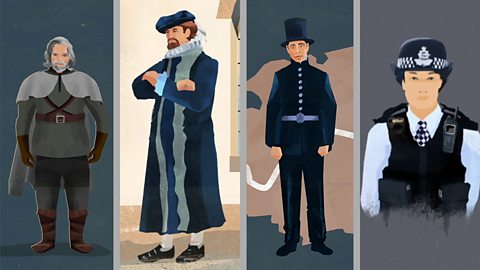
Crime and punishment in medieval England, c.1000-c.1500 - Edexcel
Justice in Anglo-Saxon England was the responsibility of the local community, with some involvement of the king and Church. However, by c.1500 the kings had introduced a more centralised system of justice and consistent punishment.
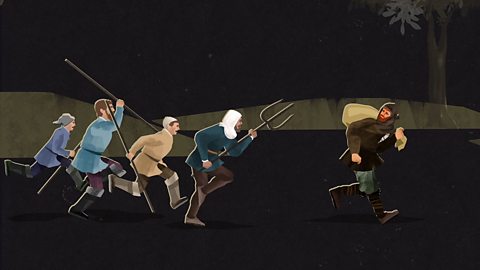
Crime and punishment in early modern England, c.1500-c.1700 - Edexcel
Early modern England saw new crimes because of religious and political upheaval. Law enforcement continued to be the responsibility of the local community and new punishments were introduced.
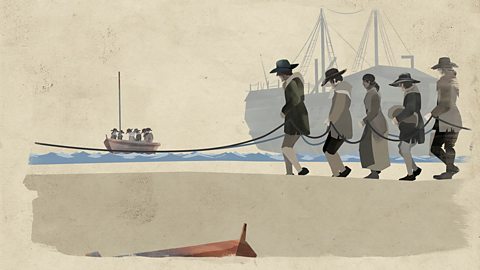
Crime and punishment in 18th- and 19th-century Britain - Edexcel
The period c.1700 to c.1900 saw an increase in crime. This led to the use of prisons as the main form of punishment and the introduction of the first professional police force in Britain.
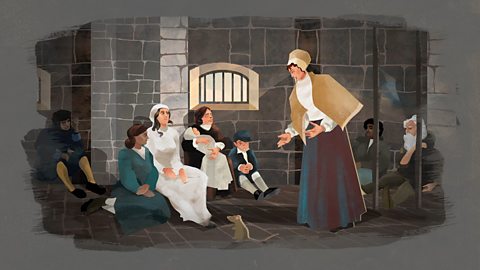
Crime and punishment in modern Britain, c.1900 - Edexcel
The period c.1900 to the present day saw changes in crime and punishment. These resulted from developments in technology and changes in the attitudes of society, including the abolition of the death penalty.
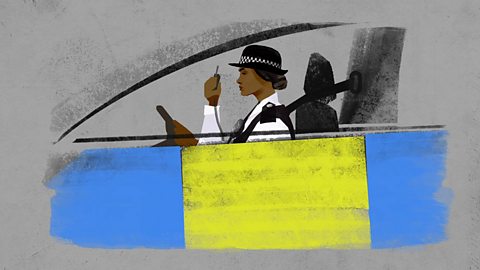
Crime and punishment in Whitechapel, c.1870-c.1900 - Edexcel
Whitechapel, in the East End of London, experienced high amounts of crime and difficulties in policing at the end of the 19th century. The murders of several women took place in, or around, the area but their killer was never caught. The murders were thought to be carried out by one individual who came to be known as Jack the Ripper.
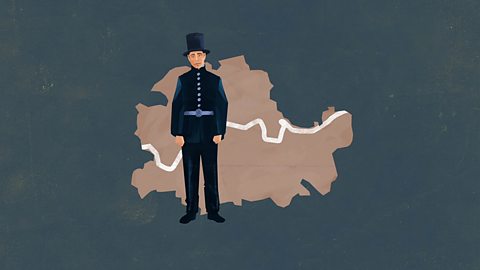
Links
- External linkExternal link
- External linkExternal link
- External linkExternal link
- SubscriptionSubscription
- External linkExternal link